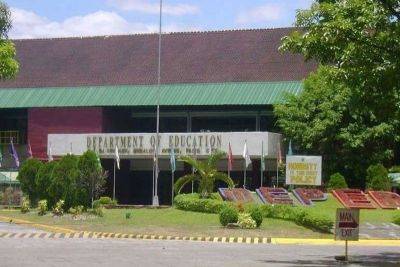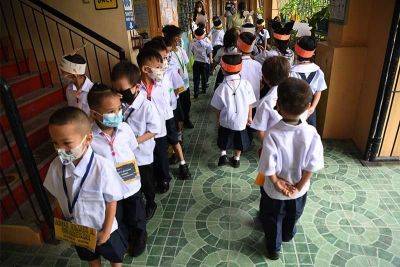Philippines' 'diploma mill' rep may attract low-tier foreign universities, expert warns
MANILA, Philippines — The Philippines' reputation for having so-called “diploma mills” makes it vulnerable to the entry of substandard foreign universities if proposals to open up higher education to foreign ownership push through, an education expert warned during a Senate hearing on Charter change.
Representatives from EDCOM 2 and a former Commission on Higher Education chairperson gave senators a reality check on Tuesday about the extent to which foreign investments can improve the country’s higher education system — the focus of one of three economic amendments proposed in the Senate’s Resolution of Both Houses (RBH) 6.
Cynthia Bautista, EDCOM 2 adviser and former dean of the University of the Philippines Diliman College of Social Sciences and Philosophy, raised the possibility that the Philippines could attract low-quality universities instead of prestigious higher education institutions (HEIs) seeking to expand their reach in the region.
“What we must guard against is opening up to lower-tier HEIs. Because we are not a market for the higher-tier (schools) yet. … Our reputation is not as good as we imagined [compared to] the 1970s,” Bautista said.
“Our reputation for diploma mills is very high,” she added.
During the Senate constitutional amendments committee hearing, the sociology professor explained that several factors differentiate the Philippines from neighboring Singapore and Malaysia — two Southeast Asian nations that pro-Chacha proponents say have been successful at bringing in reputable foreign universities.
Bautista said that Singapore and Malaysia became "de facto" education hubs in the region because of a favorable education and business environment, including incentives for foreign investors and "the existence of a Singaporean and ASEAN market for students."
“The Philippines at present is not similarly situated with the limited number of HEIs recognized by other countries to be of quality. So we're not in that position at the moment,” she said.
EDCOM 2 adviser said that Singapore and Malaysia also had specific goals in bringing in foreign universities according to industry needs. Singapore, for instance, has been tightening restrictions in







